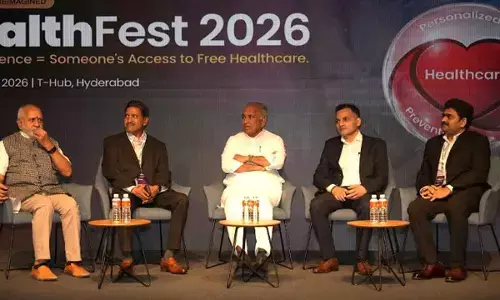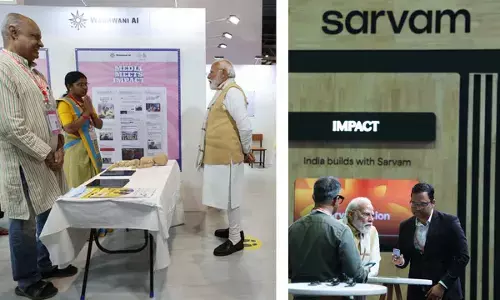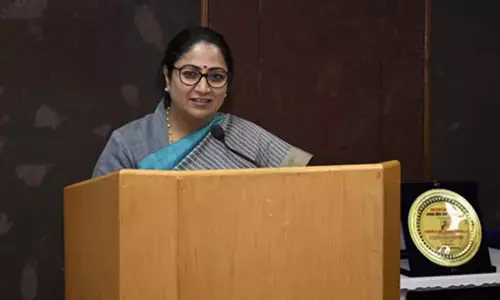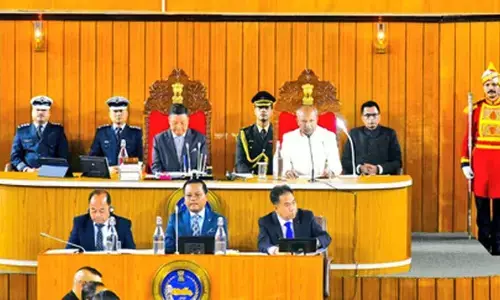Greenpeace pitches for clear sectoral targets, timelines

Greenpeace India has expressed hope that the National Clean Air Programme NCAP, which proposes multiple strategies to tackle air pollution, will be announced soon and will have sectoral as well as emission reduction targets
Hopes National Clean Air Programme will be announced soon
New Delhi: Greenpeace India has expressed hope that the National Clean Air Programme (NCAP), which proposes multiple strategies to tackle air pollution, will be announced soon and will have sectoral as well as emission reduction targets.
The overall objective of the NCAP, finalised by the environment ministry and scheduled to be notified in December, is a comprehensive management plan for prevention, control and abatement of air pollution, besides augmenting the air quality monitoring network across the country.
"After missing multiple timelines since last December, we hope at least this time the NCAP will be announced…
NCAP announcement will be a big achievement since not a single monitored location in the country complies with safe limits prescribed by WHO for air pollution and more than 80 per cent locations are registering pollution levels beyond Indian standards, making air pollution a national health emergency," Greenpeace India's senior campaigner Sunil Dahiya said.
The main components of the NCAP include city-specific air pollution abatement action plan for 102 cities of the country, increasing the number of monitoring stations, creation of technical assessment cell, providing technological support, public participation in planning and implementation, among others.
Greenpeace India said for the NCAP to be effective, it must have sectoral targets with clear timelines for pollution or emission load reduction for the next three years, five years and 10 years so that effective targeted absolute reduction in pollution levels are achieved across the country in a systematic and coordinated way.
"The NCAP must have emission reduction targets of 35 per cent in three years and 50 per cent in the next five years as communicated by Environment Minister Harsh Vardhan earlier this year," the green body said.
It said approximately 76,000 premature deaths could have been averted if coal-fired power plants in India would have complied with the emission standard norms, notified by the environment ministry in 2015, on time.
"The NCAP must include the deadlines given by the Supreme Court for implementation of the thermal power plants and ensure that monitoring of the implementation takes place to ensure time-bound implementation," it said.
Various international agencies, including some of the United Nation’s bodies, the World Bank and the Bloomberg Philanthropies, have indicated their intention to support the implementation of NCAP, Minister of State for Environment Mahesh Sharma had told the Lok Sabha on Friday.
Sharma had told the Lower House of Parliament that discussions have begun with the agencies to evolve a 'Technical Assistance Programmes' to expedite the implementation of the NCAP.
The total budget proposed for implementation of NCAP, which has been finalised by the ministry, for the financial year 2018-19 and 2019-20 is Rs 300 crore.











